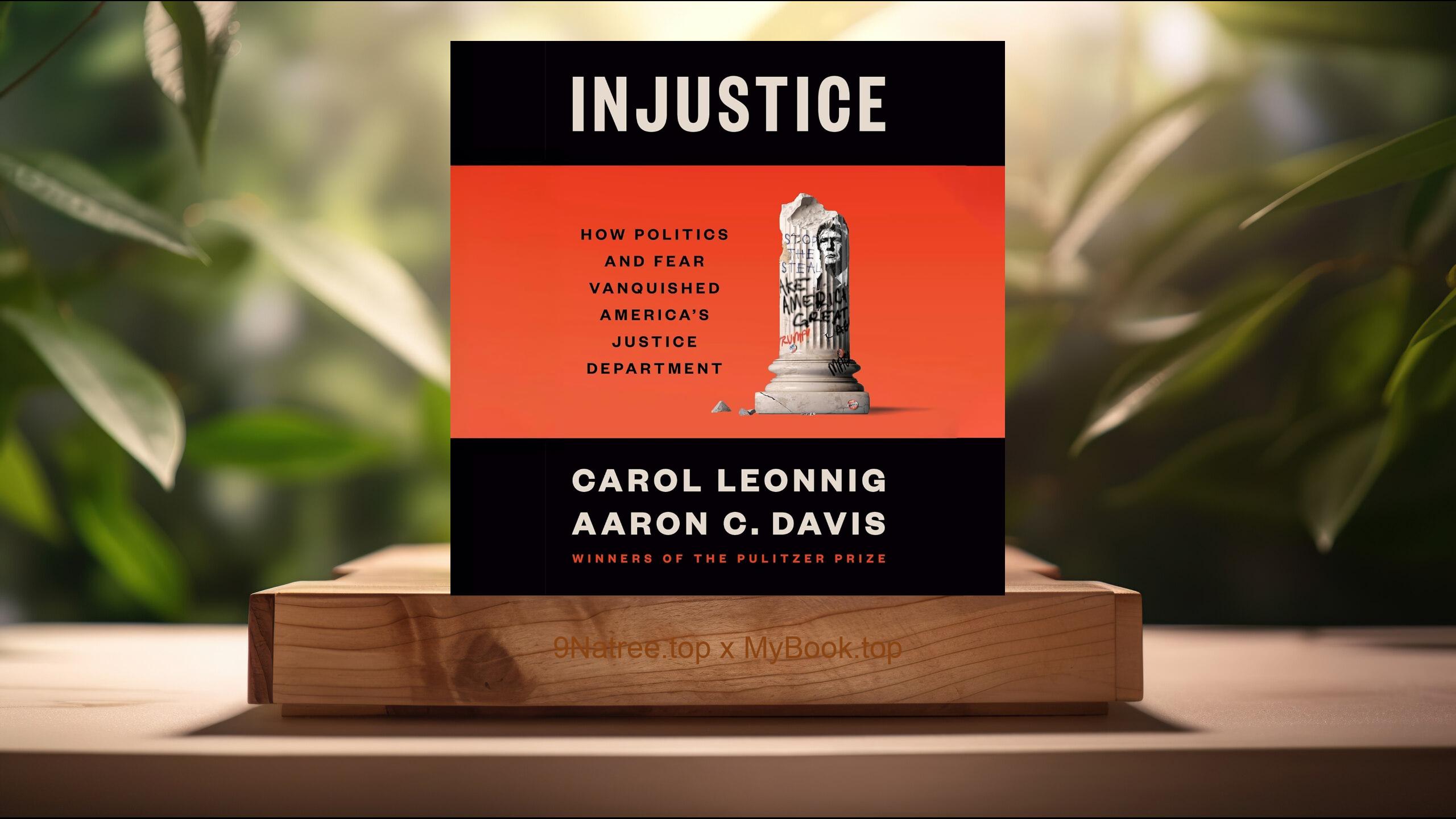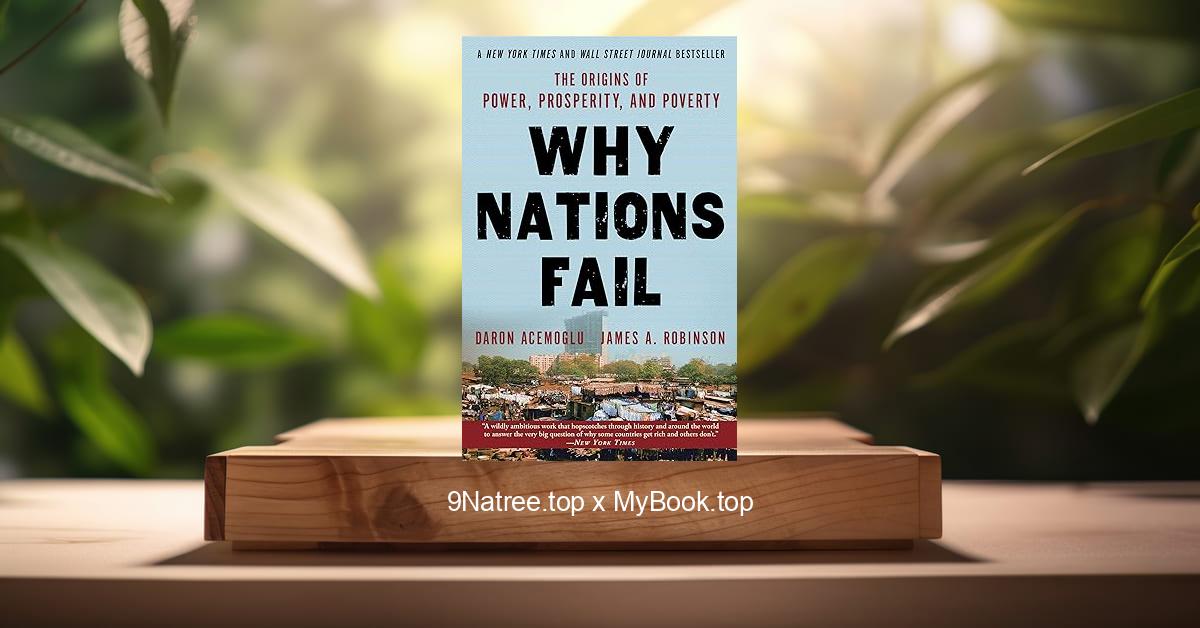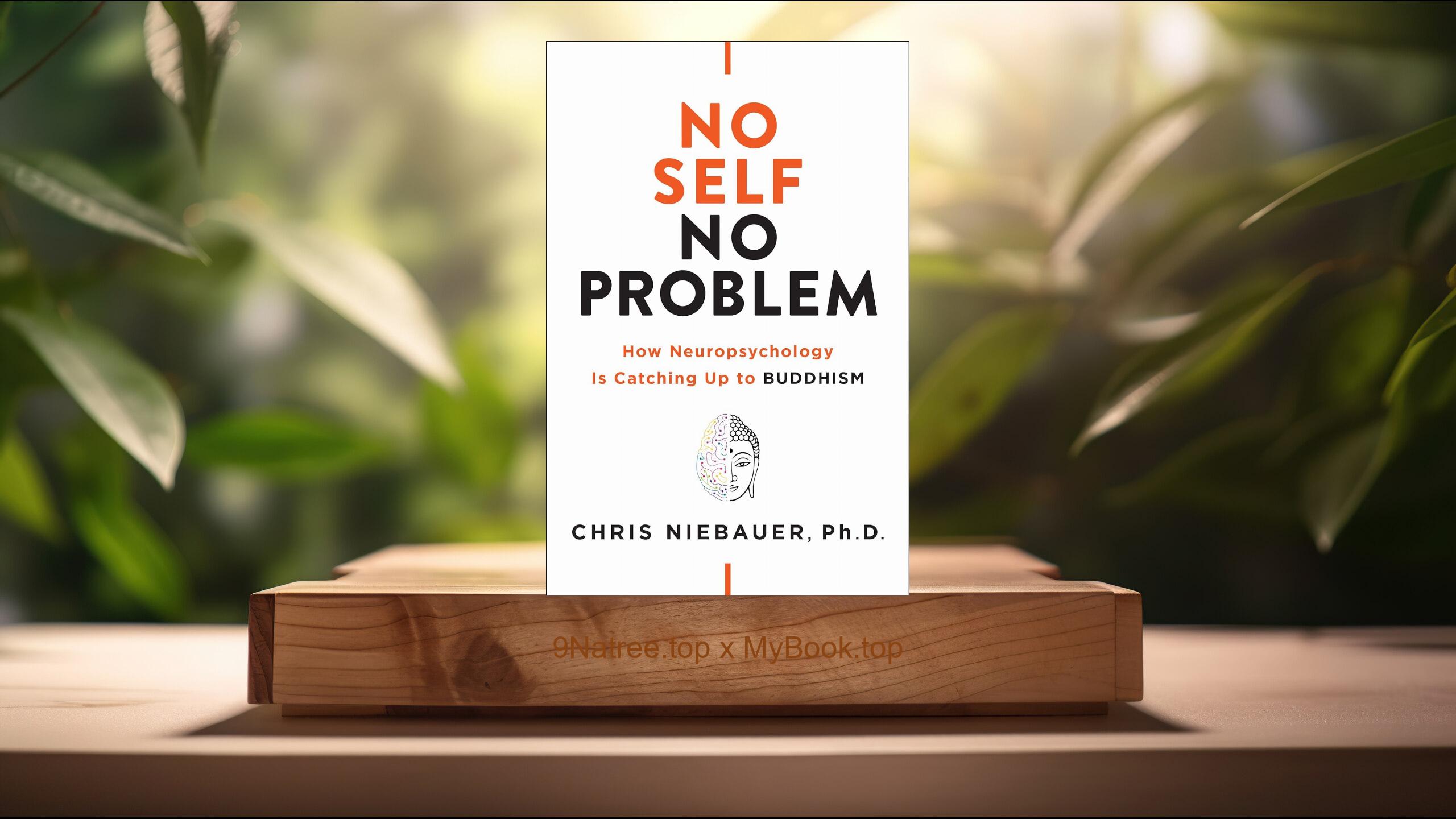Show Notes
- Amazon USA Store: https://www.amazon.com/dp/1668205874?tag=9natree-20
- Amazon Worldwide Store: https://global.buys.trade/Under-Siege%3A-My-Family%27s-Fight-to-Save-Our-Nation-Eric-Trump.html
- eBay: https://www.ebay.com/sch/i.html?_nkw=Under+Siege+My+Family+s+Fight+to+Save+Our+Nation+Eric+Trump+&mkcid=1&mkrid=711-53200-19255-0&siteid=0&campid=5339060787&customid=9natree&toolid=10001&mkevt=1
- Read more: https://mybook.top/read/1668205874/
#EricTrumpmemoir #Trumpfamilypolitics #UnderSiegebook #AmericaFirstmovement #USpoliticalcontroversy #mediabiasandinvestigations #conservativepoliticalbiography #Trumppresidencyinsiderview #UnderSiege
These are takeaways from this book.
Firstly, Growing Up in the Trump Family, One major focus of Under Siege is Eric Trumps account of growing up as part of the Trump family, long before politics pushed them onto the global stage. He reflects on his childhood in a business driven household, observing his father at construction sites, boardrooms, and public events. The narrative highlights values he says shaped him: work ethic, loyalty, competitiveness, and resilience. Eric emphasizes how his parents and grandparents influenced his views on success and patriotism, framing the Trump story as a multigenerational American dream. He also addresses the emotional cost of fame, detailing how the family had to adapt to public attention even during his early years. By sharing private memories, he attempts to humanize a family often portrayed as one dimensional in the media. This background section is meant to show that, from his perspective, the Trump rise did not begin in politics, but in decades of relentless work and ambition.
Secondly, Inside the 2016 and 2020 Campaigns, The book devotes substantial attention to the 2016 and 2020 presidential campaigns, which Eric Trump portrays as historic, exhausting, and deeply personal. He describes campaigning across the country, interacting with supporters, and witnessing his father defy political expectations. Behind the scenes, he recounts strategy discussions, last minute decisions, and the intensity of media cycles that could turn a single statement into a national firestorm. For 2016, he frames the victory as a populist uprising against the political establishment. For 2020, he focuses on what he believes were unfair rules, biased coverage, and powerful institutions aligned against his father. Eric presents his version of election related controversies and legal fights, arguing that the opposition was determined to stop the Trump agenda at any cost. These chapters aim to give readers a feeling of being inside the campaign bus and war room, sharing the emotional highs of rally crowds and the frustration of ongoing political and legal battles.
Thirdly, Media, Investigations, and the Politics of Persecution, A central theme of Under Siege is Eric Trumps belief that his family has been relentlessly targeted by media, political opponents, and parts of the government bureaucracy. He recounts a series of investigations, lawsuits, and congressional inquiries that, in his view, were driven more by hatred of his father than by genuine concern for justice. The book describes how constant negative coverage shaped the public narrative around the Trump name, often leaving the family feeling vilified regardless of facts or outcomes. Eric criticizes legacy media outlets, certain prosecutors, and Washington insiders, arguing that they weaponized institutions to damage his fathers presidency, their business, and their personal reputations. He also explores the emotional toll of these battles: the strain on family life, business operations, and personal relationships. This section tries to show readers what it felt like, from the inside, to live under nonstop investigation while still trying to advance a political agenda and maintain some sense of normalcy.
Fourthly, Vision for America: Populism, Patriotism, and Policy, Beyond personal and familial defenses, Eric Trump uses the book to outline the political and philosophical vision he believes his family represents. He frames the Trump movement as a populist and patriotic revolt against globalist elites, bureaucrats, and career politicians. He describes policies such as deregulation, tax cuts, border enforcement, criminal justice changes, and America First foreign policy as deliberate efforts to prioritize working and middle class citizens over entrenched interests. The narrative emphasizes themes of national pride, economic self reliance, and skepticism toward international institutions that, in his view, disadvantage American workers. Eric argues that his fathers presidency disrupted comfortable power structures in Washington and beyond, which is why, he claims, the backlash was so fierce. This section attempts to connect emotional loyalty to the Trump family with broader arguments about the future of the United States, portraying the Trump agenda as a necessary course correction for a nation drifting away from its founding principles.
Lastly, Family Loyalty, Faith, and Resilience Under Pressure, Throughout Under Siege, Eric Trump returns to the ideas of loyalty, faith, and resilience as the glue that holds his family together under pressure. He highlights how the family rallied around his father during scandals, accusations, and legal challenges, often meeting privately to encourage one another and plan their responses. He describes their reliance on faith, personal conviction, and shared purpose to withstand what he sees as unprecedented hostility. Eric portrays his siblings and stepmother as partners in a long, difficult fight, each playing specific roles in business, campaigns, and public communication. He uses personal anecdotes to show how they tried to protect their children from the harshest media narratives and maintain a sense of normal family life. This emphasis on internal unity is meant to inspire readers who feel similarly under attack for their beliefs, suggesting that steadfast commitment to family, principles, and country can help individuals weather public and private storms.
![[Review] Under Siege: My Family's Fight to Save Our Nation (Eric Trump) Summarized](https://episodes.castos.com/660078c6833215-59505987/images/2217678/c1a-085k3-1p7o8zk3f1wj-ridktq.jpg)




